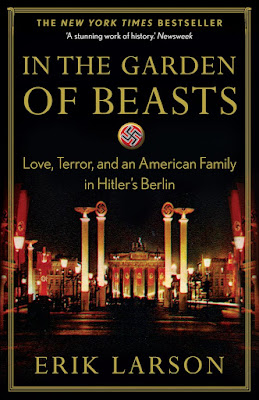The author does a good job delving into the complicated world inhabited by Penelope. She especially provides insight into the relationship with her son Telemachus and the threats he faced. She intrigues with the introduction of an "Egyptian" but we never really get the payoff.
Penelope must prove her strength against mysterious invaders, while keeping the suitors at bay and not at each other's throats. The clock is ticking and her son is in the crosshairs. No word from Odysseus, her loyalty does not seem to be necessarily to him, as much as to keeping herself, her son, and her island alive. She seems to succeed to live another day, but so many questions remain.
That was one of the issues I had with the book. The ending was ambiguous and not fulfilling. Odysseus does not even return to banish the suitors. Who is the mysterious "Egyptian"?
I discovered this is part one of a trilogy. I'm interested to read the others. Hopefully the questions will be answered.
Clair North has done a good job retelling an ancient story. Her narrator, Hera, is funny, irreverent, and smart. The language grates a little with anachronistic phrasing and jenky metaphors. But overall, a fun ride.

